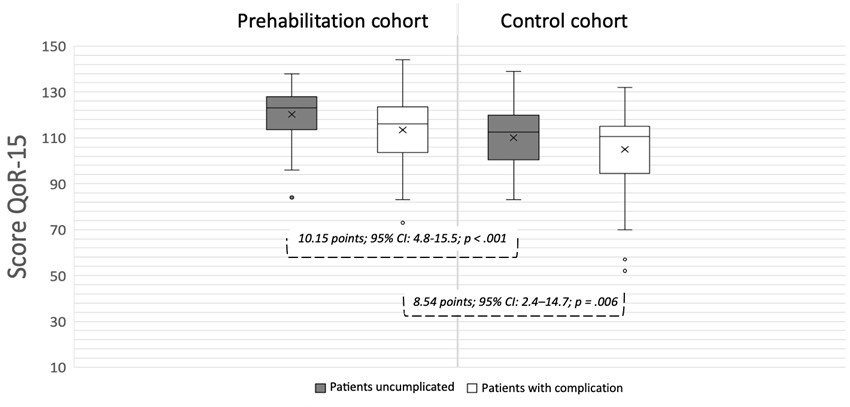BJS Academy>Cutting edge blog>The future of obesit...
The future of obesity treatment

Pichamol Jirapinyo, MD, MPH, DABOM, FASGE, FACG
7 January 2025
Guest blog Upper GI
Related articles

Rethinking obesity treatment: a path towards sustainability and scalability
Robin P Blackstone, MD
Obesity, one of the most profound challenges of modern medicine, casts a shadow over global health, defying decades of simplistic advice to "eat less, move more." For decades, Metabolic and Bariatric Surgery (MBS) has transformed lives by altering the body’s interaction with food through metabolic mechanisms. For patients with severe obesity, surgery has delivered life-altering results, improved metabolic health and reframing obesity as a systemic disease. Yet, MBS is an inherently resource-intensive endeavour. From single-use instruments contributing to hospital waste to individualized preoperative requirements such as psychological evaluation and mandated weight-loss trials, surgery is costly and fundamentally unscalable. It is not a population-wide solution.
Pharmacological innovation offers a transformative opportunity to address this crisis. GLP-1 receptor agonists, with over a decade of real-world use, have redefined treatment possibilities. Medications like Liraglutide and Semaglutide rival the efficacy of surgery, delivering substantial weight loss and metabolic improvement without the invasiveness of an operation. Emerging therapies, such as Tirzepatide and a growing wave of oral agents, promise even greater precision and adaptability. These treatments are inherently scalable, with the potential to reach millions at a fraction of the cost of surgery. In some regions, these therapies are already available for less than $100 per month, opening the door to equitable, population-wide access.
The challenge now lies in navigating a thoughtful transition. MBS has undeniably saved lives, advanced our understanding of obesity, and reshaped public perceptions of its causes. But as pharmacotherapy evolves, the role of surgery will narrow, focusing on rare and complex cases—such as extreme obesity or anatomical complications—where medication alone may not suffice. This shift will demand the reimagination of surgical training, the adaptation of healthcare systems, and a commitment to equity in distributing life-saving medications.

Oesophageal cancer awareness month 2025
Matthew Lee PhD FRCS
It is becoming increasingly common to dedicate days, or even months, to ‘health awareness’. These events should help people to learn about these conditions. From these, we can hope that people might learn about symptoms that help them get a diagnosis, or learn about new treatment options for their conditions. It also provides a focal point where we can come together as a community to recognise those impacted, and find ways to address these serious health conditions. It may even act as a clarion call, moving charities, governments, and individuals, to make efforts to fund and deliver research to further understand and improve outcomes for these conditions.
The BJS Academy, alongside BJS & BJS Open, feel it is an important part of our mission to contribute to these awareness months. So much research is published with enthusiasm, but then resides solely within the pages of a journal (or latterly, as a lonely PDF on a server). It is important to ensure that new information is shared with people who might find it useful. This is particularly important when it comes to conditions which currently have a poor prognosis, or may affect only a small number of people. With this in mind, our team will contribute to the online discussion for disease months by highlighting 2-3 papers from BJS and BJS Open, and sharing them across our social media channels. This will include a short summary and a link to the paper.
This move comes as part of our commitment to sharing key clinical research to support the knowledge of surgeons around the world, and to ensure our patients receive care informed by evidence of the highest possible standard.

Multimodal prehabilitation: beyond physical preparation
Fernando Dana
Major digestive surgery not only carries clinical risks but also imposes a significant functional and emotional burden. In this context, prehabilitation emerges as a key strategy to optimize patient readiness before entering the operating room.
This analysis is based on a prospective cohort study conducted at a tertiary hospital, including 188 patients undergoing major elective gastrointestinal surgery. Of these, 94 completed a multimodal prehabilitation program, while 94 received standard preoperative care (Table 1). Outcomes were assessed using the validated QoR-15 questionnaire at baseline, discharge, and 30 days post-discharge, alongside clinical and functional recovery indicators (Figure 1).
Preoperative clinic data and type of surgery by group
Copied!
Connect

Copyright © 2026 River Valley Technologies Limited. All rights reserved.



.png)





.jpg)



